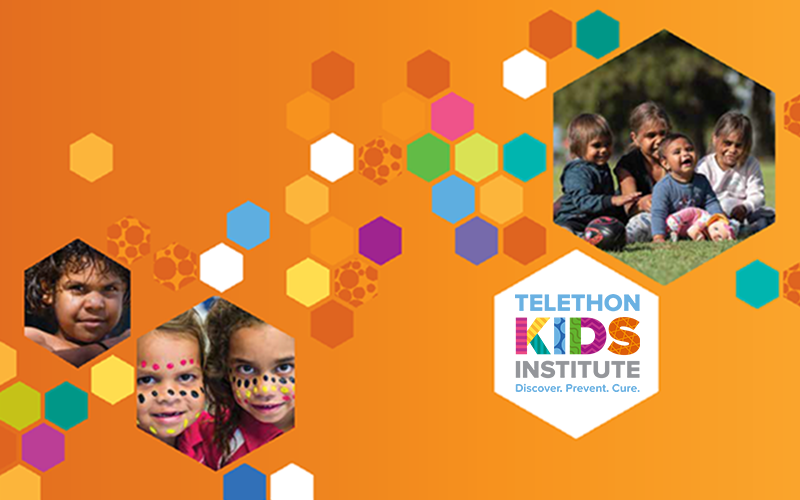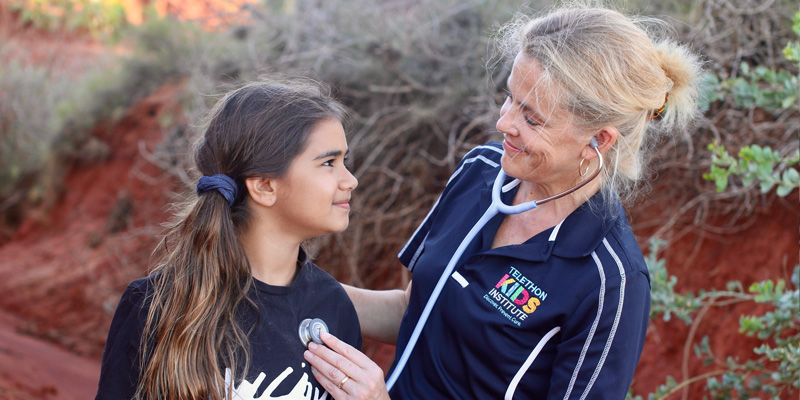Search
Research
The future of acute rheumatic fever and rheumatic heart disease in AustraliaGlobally, ARF and RHD cause more than a quarter of a million deaths and substantial disability each year.
Research
Can linked emergency department data help assess the out-of-hospital burden of acute lower respiratory infectionsThere is a lack of data on the out-of-hospital burden of acute lower respiratory infections (ALRI) in developed countries.
Research
Social gradients in the health of indigenous australiansWe begin to bridge this knowledge gap by assessing evidence on social gradients in indigenous health in Australia.
Research
Working TogetherThis exciting new edition includes several new chapters that deliver an even more robust and high quality resource. It examines issues across the life course,..
Research
Crowding and other strong predictors of upper respiratory tract carriage of otitis media-relatedWe investigated predictors of nasopharyngeal carriage in Australian Aboriginal and non-Aboriginal children.
Research
Antenatal services for Aboriginal women: the relevance of cultural competenceDue to persistent significantly poorer Aboriginal perinatal outcomes, the Women's and Newborns' Health Network, require a comprehensive appraisal...
Research
Indigenous well-being in four countriesCanada, the United States, Australia, and New Zealand consistently place near the top of the United Nations Development Programme's Human Development Index...
Research
Theories of otitis media pathogenesis, with a focus on Indigenous childrenOtitis media is a common childhood illness associated with hearing loss, social disadvantage and medical costs. Prevalence and severity are high among...

News & Events
The Kids Research Institute Australia says yes to "The Voice"The Kids Research Institute Australia gives its full support for a First Nations Voice to Parliament to be enshrined in Australia’s constitution.

News & Events
Study finds high rates of chronic lung disease in remote-living Aboriginal childrenAlmost one in five children across four remote Kimberley communities has some form of chronic lung disease, according to a new study co-designed and conducted in partnership with Aboriginal communities.
